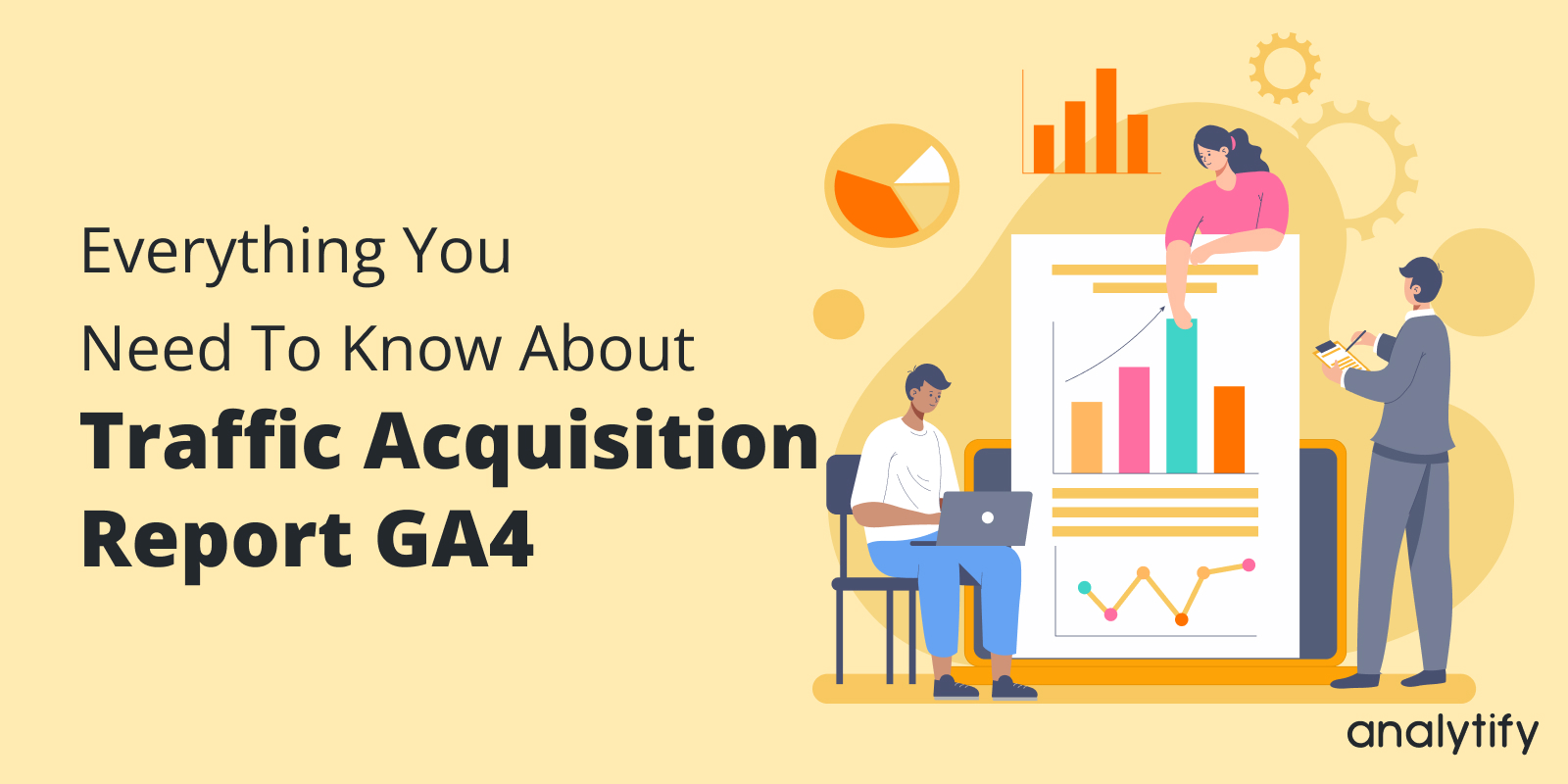Are you looking to deepen your understanding of how visitors find your website?
Google Analytics Traffic Acquisition is a powerful feature of GA4 designed to provide you with this exact insight. In this blog, we’ll explain the Traffic Acquisition Report GA4, how it differs from universal analytics, and why it’s essential for your SEO and analytics strategy.
Continue reading “Traffic Acquisition Report GA4: A Complete Guide (2025)”









